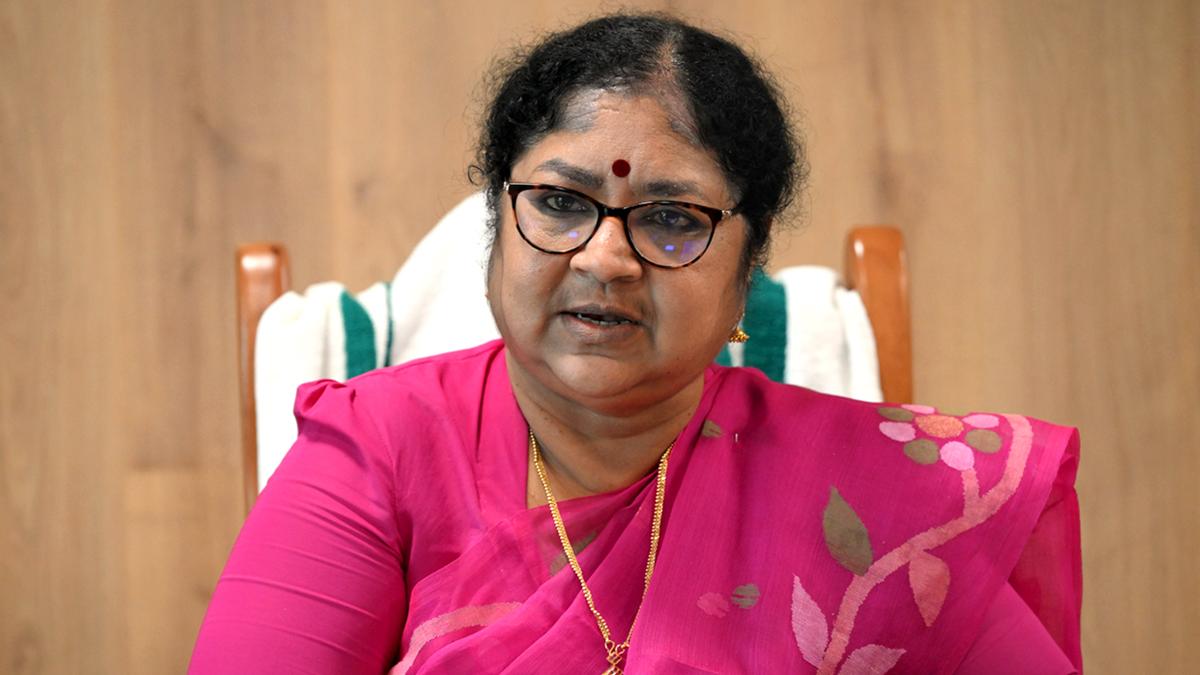
Kerala’s Minister for Higher Education R. Bindu
| Photo Credit: NIRMAL HARINDRAN
Kerala’s Higher Education Minister R. Bindu on Wednesday (July 9, 2025) indicated that the State government would appeal against the Kerala High Court single judge’s order that cancelled the results of the State engineering and pharmacy entrance examination, KEAM, 2025. The issue will likely be deliberated at the State Cabinet meeting scheduled for Thursday.
She pointed out that the normalisation method introduced this year was based on feedback and complaints raised in previous years, particularly from Kerala State Board students.
“The marks secured by students of the State board used to decrease by as much as 35 marks (during the normalisation process as per the previous formula), even in the case of those who scored full marks. Our effort was to rectify the irregularity and bring in a formula that ensures fairness for all,” she told mediapersons here.
The petitioners contended that the changes were brought at a late stage after finding that the students from the Kerala stream did not perform well in the Plus two examination.
While dismissing such claims, Ms. Bindu clarified the KEAM prospectus had provisions that allowed for such amendments. “The government had acted transparently and in good faith. Our sole objective is to protect the interests of students and avoid unnecessary hardships,” he said.
Allotment may be stalled
The legal setback is bound to stall the allotment processes to engineering and pharmacy courses this year. While many engineering aspirants have secured admissions in the Indian Institutes of Technology, National Institute of Technology and other institutions based on their Joint Entrance Examination (JEE) scores, roughly 40,000 students are estimated to enrol in various engineering colleges in Kerala.
Seeking to allay such concerns, the Minister said the Commissioner for Entrance Examinations will ensure that the admission timeline recommended by the All India Council for Technical Education (AICTE) is strictly followed, so that students are not disadvantaged due to the legal hurdle.
Published – July 09, 2025 03:56 pm IST



